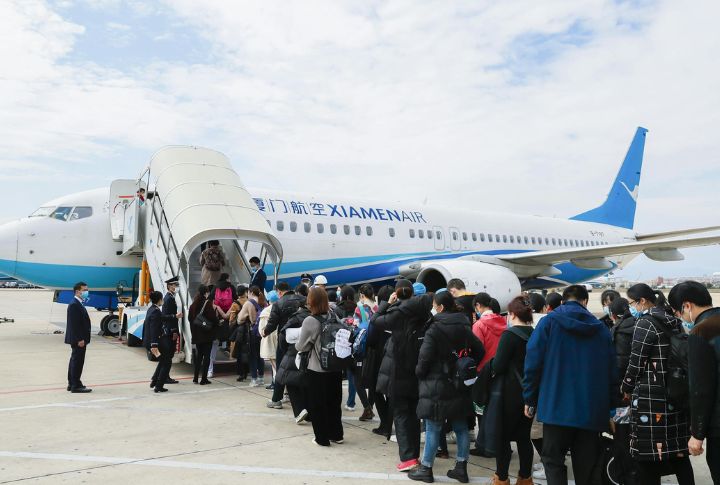
Many folks count on Social Security, but not everyone qualifies when retirement arrives. Certain life choices or work patterns can leave you without that monthly cushion. It surprises people more often than you’d think. These ten common profiles highlight who might miss out and why planning ahead makes all the difference.
Noncitizens Without Work History

Earning retirement benefits takes more than just living in the U.S.—you need 40 work credits from taxed employment. Many immigrants contribute for years but fall short. Others assume taxes guarantee eligibility. Without a qualifying record or a specific treaty, Social Security payments remain out of reach.
High-Pension Government Employees

Pensions from state and local jobs can reduce or replace Social Security benefits altogether. Careers in teaching, law enforcement, or firefighting often operate outside the federal system. The Windfall Elimination Provision adjusts payouts downward, leaving many retirees surprised when their expected earnings don’t align.
Some Divorced Spouses

Not all ex-spouses qualify for benefits, especially if the marriage lasted under 10 years. Even those who were eligible could lose access after remarriage. Couples nearing retirement overlook these details, only to find their plans fall apart due to missed timelines and misinterpreted spousal rules.
Children Of Undocumented Workers

Billions of dollars go unclaimed from workers who paid taxes using invalid Social Security numbers. Though the contributions were real, they don’t count toward benefits. Their children, mainly those born in the U.S., face an uphill battle in accessing survivor support tied to those earnings.
Religious Exemption Members

Federal law permits certain religious groups, such as the Amish, to opt out entirely of Social Security. These communities care for their elders through internal support systems rather than relying on public programs. Once an exemption is filed and approved, rejoining the system later in life becomes virtually impossible.
Immigrants Retiring Abroad

Retirement overseas can become tricky without a bilateral agreement in place. In countries like North Korea or Cuba, Social Security payments stop entirely. Even in friendlier nations, overlooked paperwork or residency status can interrupt access and strain financial plans that many assumed were secure.
Seasonal Or Short-Term Workers

Earning too little during scattered jobs often leads to missing the 40-credit threshold. Each credit requires a minimum income within a calendar year, which short-term roles rarely meet. Those years don’t add up fast enough, leaving gaps that silently disqualify people from retirement coverage.
Underreporting Self-Employed Workers

Freelancers and gig workers sometimes choose to underreport their income to minimize taxes, but these decisions can impact their future benefits. Without consistent contributions, work credits disappear. Audits can even erase claimed years. For the self-employed, Social Security is not optional; it’s what builds their retirement safety net.
Workers Who Die Young

When a working adult passes away before retirement, their accumulated benefits often go unused. Families receive smaller survivor payouts, and personal contributions don’t transfer. This harsh reality means that years of effort can vanish financially, especially when no one has planned for an early loss.
Some Disabled Adults

Disability programs and retirement benefits operate on different rules. Adults who never entered the workforce often qualify for SSI, not Social Security. Once they reach retirement age, that disability support stops unless work credits are earned. Many families don’t realize the difference until funding gaps appear.
